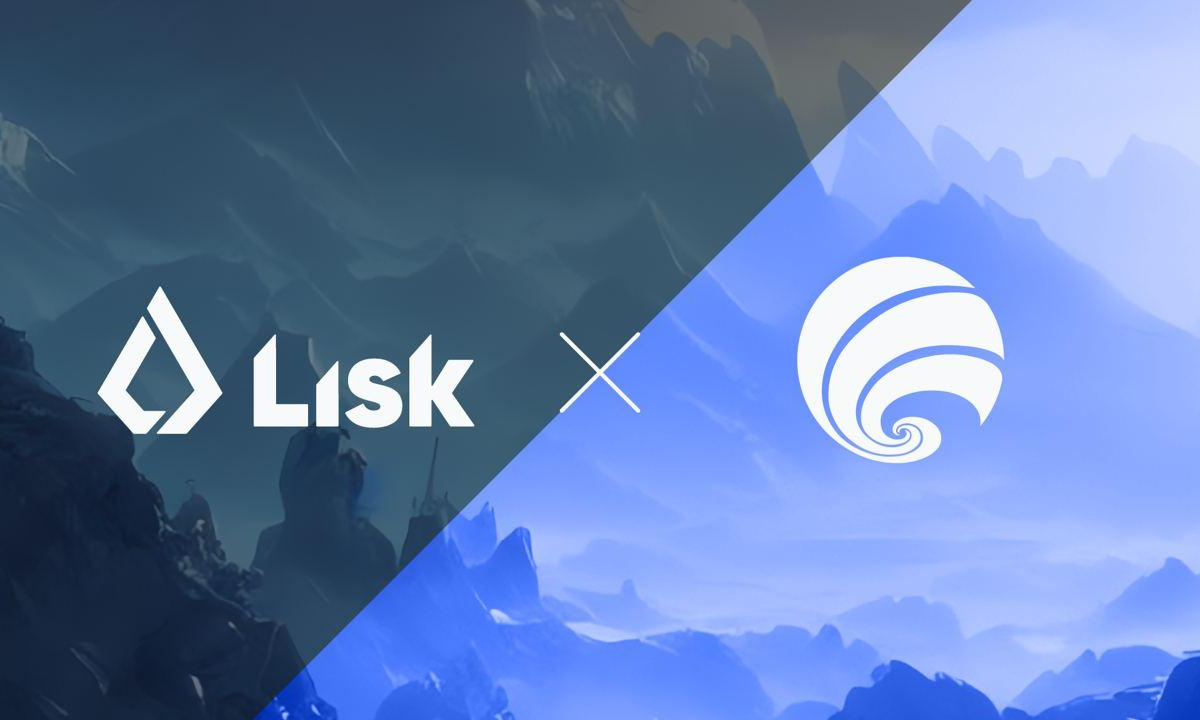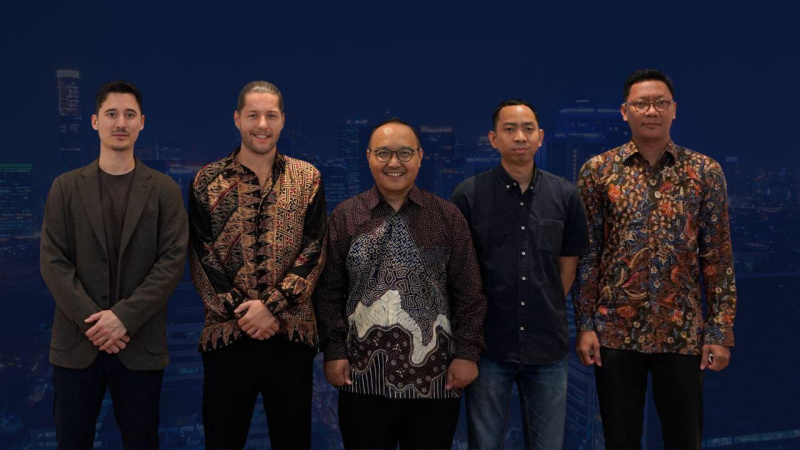
Lisk Announces Strategic Partnership with the Indonesian Ministry of Communications and Informatics to Support Local Web3 Startups
Zug, Switzerland, February 27th, 2024, Chainwire
Lisk, the Layer 2 platform built on the OP Stack, announces a strategic partnership with the Directorate General of Informatics Applications of the Ministry of Communications & Informatics Technology of the Republic of Indonesia (DGIA MCIT) to bootstrap the Indonesian Web3 startup ecosystem.
DGIA MCIT is responsible for overseeing Indonesia’s communications and information technology sectors, including the “1000 Startup Digital Program,” which focuses on developing digital talent, encouraging the creation of digital solutions, and building a robust startup ecosystem across the country.
Through the new partnership, Lisk will provide the underlying developer platform, mentorship, and initial grant funding to Web3 startups that are building within the 1000 Digital Startup Program.
“At Lisk, we have been democratizing blockchain tech since our beginning in 2016. As we move into our next chapter as a Layer 2 focused on helping builders in Emerging Markets, we are looking forward to this unique opportunity to work in Indonesia alongside such strong partners like DGIA MCIT.” – Max Kordek, Founder of Lisk

In addition, Lisk plans to work with the DGIA MCIT to provide educational materials around Web3 technologies to bridge the knowledge gap for the budding Indonesian Web3 entrepreneurs by offering a blended learning experience. Participants will gain foundational knowledge through the ‘Introduction to Blockchain’ course, delving into core concepts like consensus mechanisms, network structure, and use cases.
This is in alignment with the Onchain Foundation’s goals to further the 1000 Startup Digital Program by providing crucial support across various stages of development. The Bootstrap Grants, mentorship opportunities, community building initiatives, and promotional efforts demonstrate Lisk’s commitment to nurturing a thriving Web3 ecosystem within the program.
“This collaboration is not just a mere agreement; it’s a visionary step towards fostering innovation, knowledge-sharing, and empowerment in the field of blockchain technology. We intend to collaborate in order to educate, encourage innovation, and empower Indonesian entrepreneurs and software developers with the skills needed to effectively harness blockchain technology” – Semuel A. Pangerapan, Director General of Informatics Applications
The move confirms Lisk’s strategic focus on Emerging Markets and reaffirms its unwavering commitment to empower builders in these regions. Recognizing the immense potential of blockchain technology to address real-world challenges faced by local communities, especially through applications leveraging real-world assets (RWA), off-chain assets (OCA), and decentralized physical infrastructure networks (DePIN), Lisk prioritizes solutions that resonate with local needs.
About Lisk
Lisk provides a cost-efficient, fast, and scalable Layer 2 (L2) network that is secured by Ethereum. As a long-standing Web3 infrastructure project, Lisk has been democratizing blockchain accessibility for developers and end users globally since 2016. Its core focus is to solve local problems in Emerging Markets by bringing solutions around real-world assets (RWA), off-chain assets (OCA), and DePIN onchain. As a member of the Optimism Superchain Lisk is contributing to onboarding the next 1 billion people to Web3.
About the Directorate General of Informatics Applications of the Ministry of
Communications & Informatics Technology of the Republic of Indonesia (DGIA MCIT)
DGIA MCIT is an Echelon I Working Unit in the Ministry of Communication and Informatics that organizes the formulation and implementation of policy in the field of informatics application management. The Ministry of Communication and Information Technology of the Republic of Indonesia (MCIT) has as its main functions to formulate national ICT policies and regulations, as well as to develop ICT in Indonesia. Located in Jakarta, the MCIT emerged as an enhancement to a previous ministry in charge of government public relations, to which the functions of ICT development and utilization were incorporated.
